10 Largest Companies in New Zealand
It’s time to update our 2022 article on the ten largest companies in New Zealand with the latest information from 2024. Let’s start with the exciting stats about businesses in New Zealand.
- As of 2024, there are approximately 590,000 enterprises in New Zealand, employing around 2.4 million people1.
- Although the distribution of businesses across regions has likely changed, the North Island and Auckland continue to have the highest concentration of companies.
- Small and medium-sized enterprises (SMEs) still dominate the New Zealand business landscape, accounting for approximately 97% of all enterprises1.
- The New Zealand Stock Exchange (NZX) has grown since 2021. As of 2024, it has a market capitalisation of over NZ$200 billion and lists approximately 200 companies.
These updated statistics reflect growth in the number of businesses, employment, and the value of the stock market over the past few years.
In terms of the updated list, you will notice the following changes:
– Xero Limited is no longer on this list, as it was delisted from the NZX in 2018 and is now solely listed on the Australian Securities Exchange (ASX).
– The order of companies has shifted, reflecting changes in their relative market capitalisations over time.
– Infratil Limited has entered the top 10, replacing Xero (not necessarily in the same order).
## Top 10 Largest Companies in New Zealand (2024)
Fisher & Paykel Healthcare Corporation Limited

Industry: Healthcare Equipment
Market Cap: Approximately NZ$14.5 billion
Founded: 1934
CEO: Lewis Gradon
Fisher and Paykel Health Corporation Limited (FPH) is a manufacturer of healthcare devices that designs, manufactures, and markets them.
Between 2022 and 2024, Fisher & Paykel Healthcare has maintained its strong position, likely due to continued demand for its respiratory care products. The company operates in over 120 countries and remains a global leader in medical device manufacturing[1].
The company’s products are used in acute care, respiratory care, and the treatment of obstructive sleep apnea.
FPH currently manufactures most of its products at its primary plant in New Zealand.
The company has two additional facilities in Tijuana, Mexico, which are responsible for manufacturing around 30% of all FPH products (source: FPH).
The company started in 1934 as an importer of refrigerators and moved towards manufacturing in the 1950s.
FPH products are sold in 120 countries worldwide (source: Stuff NZ).
However, most of its revenue comes from exporting the devices it manufactures, with just 1% coming from New Zealand.
FPH is listed on the New Zealand and Australian stock exchanges and was formerly listed on Nasdaq.
Auckland International Airport Limited
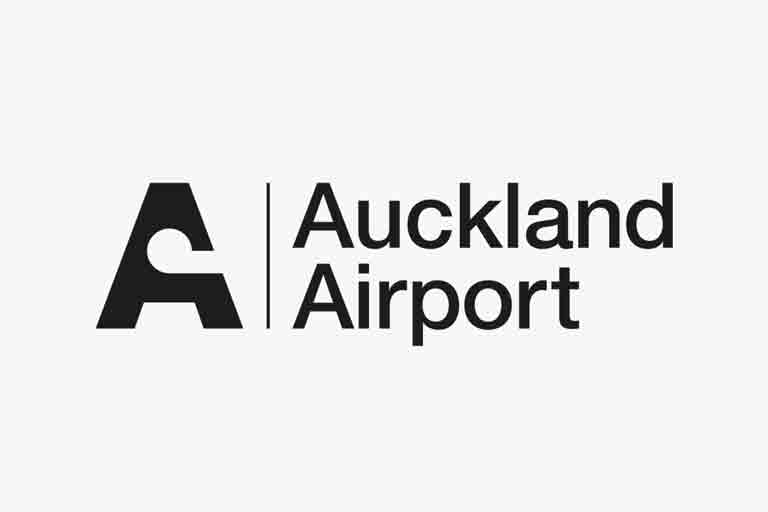
Industry: Transportation Infrastructure
Market Cap: Approximately NZ$12.8 billion
Founded: 1966
CEO: Carrie Hurihanganui
One thing has remained consistentbetween 2022 and 2024 —Auckland International Airport continues to be New Zealand’s busiest airport and a crucial economic hub. The company has likely seen a recovery in passenger numbers following the global pandemic.
Currently connected to 26 domestic and 49 international destinations, the Auckland International Airport is also an economic and infrastructure hub for New Zealand, generating numerous jobs in the area.
The airport was previously managed by the Auckland Regional Authority but was corporatized in 1988, leading to the creation of Auckland International Airport Limited.
The government was the initial majority shareholder but sold its shares in 1998, making Auckland International Airport the fifth publicly listed airport company globally.
Domestic shareholders currently hold 60 per cent of the airport’s shares, with international shareholders holding the remaining 40 percent.
Auckland International Airport Limited is currently the second-largest listed company on the NZX, with a market share of 7.0% (source: Interest).
The company has a diverse revenue system, including non-aeronautical ventures such as retail and car parks. In 2010, it purchased a 24.99 percent stake in Queenstown Airport Corporation Limited. With a market value of US$7.668, Auckland International Airport Limited is the fourth-largest company in New Zealand.
Meridian Energy Limited
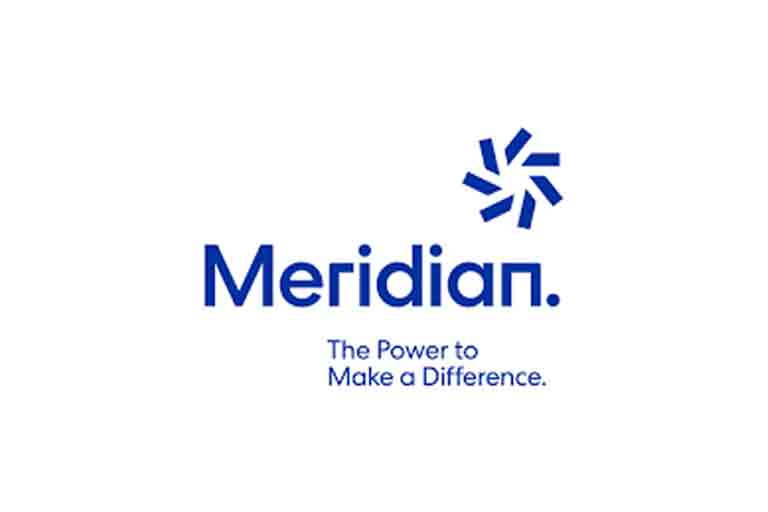
Industry: Utilities – Renewable Energy
Market Cap: Approximately NZ$11.2 billion
Founded: 1998
CEO: Neal Barclay
Meridian Energy is an electricity generation and retailing company in New Zealand.
The company has the largest share in the country’s electricity generation, 35%, and is the fourth largest electricity retailer, with a 12% share (source: Electric Authority).
Meridian Energy was one of the three companies founded after the break-up of the Electricity Corporation of New Zealand (ECNZ).
Meridian took control of the Manapouri and Waitaki River hydro schemes and was state-owned before being privatised in 2013. However, the New Zealand government still owns a 51.02% shareholding in the company.
Meridian currently operates four wind farms in New Zealand’s North Island region, seven hydroelectric power stations, one wind farm in the South Island, and two in Australia – one in Victoria and the other in South Australia.
Meridian also owns Powershop, an online electricity retailer established in 2007 with over 400 employees worldwide.
Powershop operates in New Zealand, Australia, and the UK, with Powershop Australia recently acquired by a consortium led by Shell Australia.
The company is developing eight more electricity generation products and aims to grow the retailing side of its business (source: Meridian). With a market value of US$8.180 billion, it is the third-largest company in New Zealand.
Spark New Zealand Limited
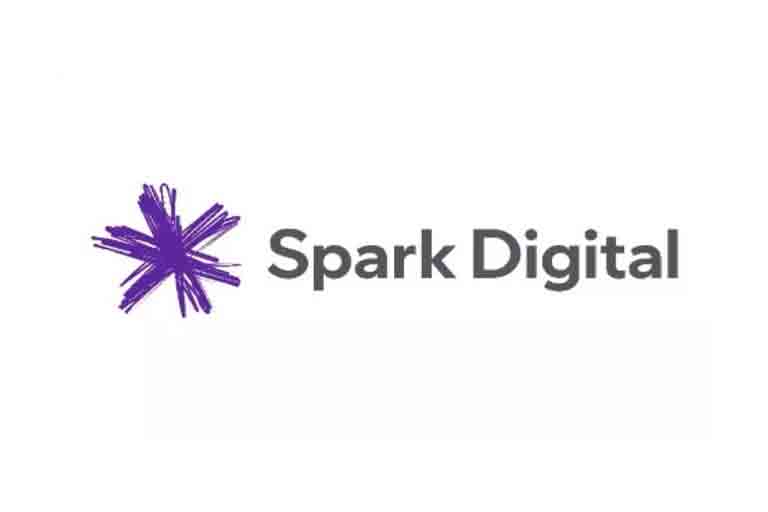
Industry: Telecommunications
Market Cap: Approximately NZ$9.5 billion
Founded: 1987 (as Telecom New Zealand)
CEO: Jolie Hodson
Spark New Zealand Limited is New Zealand’s largest telecommunications provider and digital services company.
Established in 1987 after the New Zealand Post Office was split into three companies, Spark was initially known as Telecom New Zealand.
The company was purchased by Verizon and Ameritech in 1990 before being listed on the New Zealand, Australian, and New York stock exchanges the following year.
The company bought back most of its shares in 1997 and has since maintained its presence as New Zealand’s largest telecommunications company.
Telecom New Zealand rebranded to Spark New Zealand in 2014.
Nowadays, Spark New Zealand offers several telecommunications and digital services.
This includes fixed and mobile telephony, internet access, home automation, and a streaming video-on-demand service.
Spark is currently the largest internet service provider in the country and the second-largest mobile operator in terms of market shares. It leads Vodafone in the former and tails it in the latter.
Spark Mobile currently has a 40% market share behind Vodafone (source: Comcom NZ).
Spark launched its sports streaming service, Spark Sport, in 2019.
The streaming service in New Zealand offers various sporting events on demand, such as World Rugby championships and New Zealand’s international cricket matches.
Spark is the third-largest listed company on NZX, with a 6.8 per cent market share (source: Interest). With a market value of US$5.664 billion, Spark New Zealand is the sixth-largest company in the country.
Contact Energy Limited
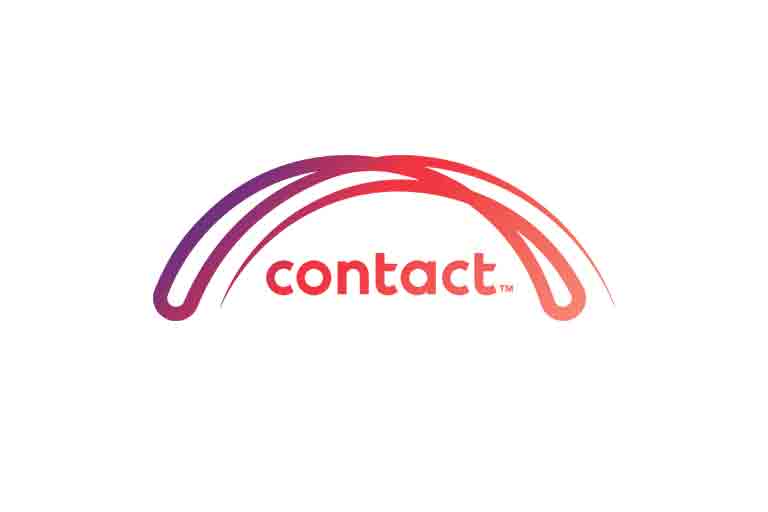
Industry: Utilities – Diversified
Market Cap: Approximately NZ$7.8 billion
Founded: 1996
CEO: Mike Fuge
Along with Meridian Energy and Mercury NZ, Contact Energy was founded in 1996 after the break-up of the Electricity Corporation of New Zealand (ECNZ).
Edison Mission Energy (EME) purchased 40% of Contact Energy, with the remaining 60% publicly traded (source: Converge).
Since then, Contact Energy has gone through multiple ownerships and is entirely publicly owned.
Contact Energy maintains its position as one of New Zealand’s largest energy generators and retailers, with a diverse portfolio including hydroelectric, geothermal, and natural gas assets.
The company has a diversified energy portfolio with hydroelectric, geothermal, and natural gas assets. It operates twelve power stations, including two dams on the Clutha River.
Contact Energy has a significant role in New Zealand’s LNG market, power generation and retail capacity. A 2006 joint venture with Genesis Energy led to the development of an offshore terminal built to facilitate LNG import.
Contact also joined hands with Origin Energy in 2011 to develop a gas storage facility in the Ahuroa reservoir in the Taranaki area.
Currently, Contact is working on expanding its geothermal energy generation with the Tauhara geothermal project.
Contact Energy is the fifth largest New Zealand stock exchange company with a 5.1% market share.
Moreover, its market value of US$4.294 billion makes it the ninth-largest company in the country.
Mercury NZ Limited
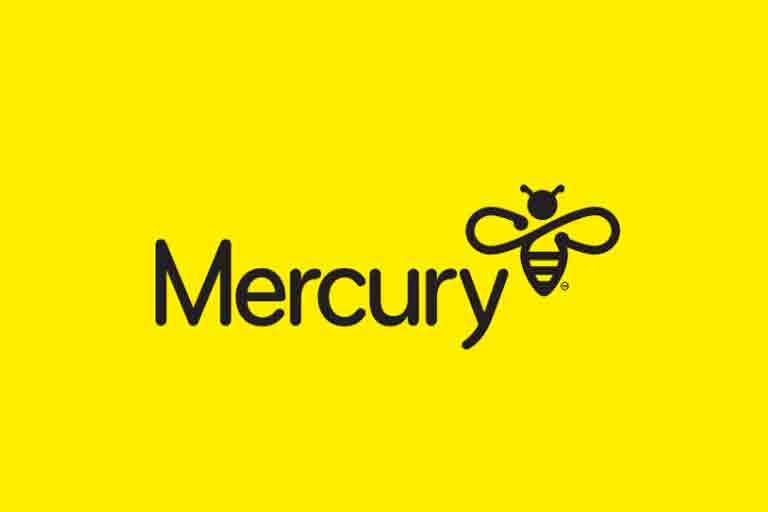
Industry: Utilities – Renewable Energy
Market Cap: Approximately NZ$7.2 billion
Founded: 1999
CEO: Vince Hawksworth
Mercury NZ Limited is an energy generation and retailing company based in Auckland.
Started in 1999 as Might Power Limited, Mercury NZ was one of the three energy companies formed after the breakup of the Energy Corporation of New Zealand (ECNZ).
Might Power Limited was given control of eight hydroelectric power stations on the Waikato River. Mighty Power handled the generation side of the venture, while their retail operations were conducted under the Mercury Energy moniker.
The company was partially privatised in 2011 and merged its two generations and retail divisions in 2016, changing its name to Mercury NZ Limited (source: StopPress).
In 2000, the company expanded into geothermal power and acquired multiple power stations, such as the Rotokawa and Southdowntion.
Mercury NZ currently operates seventeen power stations and is developing six more. As a result, mercury NZ is divided into generating all of its electricity from renewable resources.
Its seventeen power stations have a generation capacity of 1777 megawatts (MW), 1077 MW of which is hydroelectric, 467 MW geothermal, and 233 MW wind (source: Mercury).
Mercury NZ currently generates more than 17% of New Zealand’s electricity and has a 19% share of the country’s retail market (source: Electric Authority).
The company is a significant shareholder in GLOBUG, a pre-paid electricity retailer in New Zealand.
On the NSZ, Mercury NZ is the 12th largest company, with a 3.0% market share and a market value of US$5.874 billion.
The company also happens to be the seventh-largest enterprise in New Zealand.
Mainfreight Limited
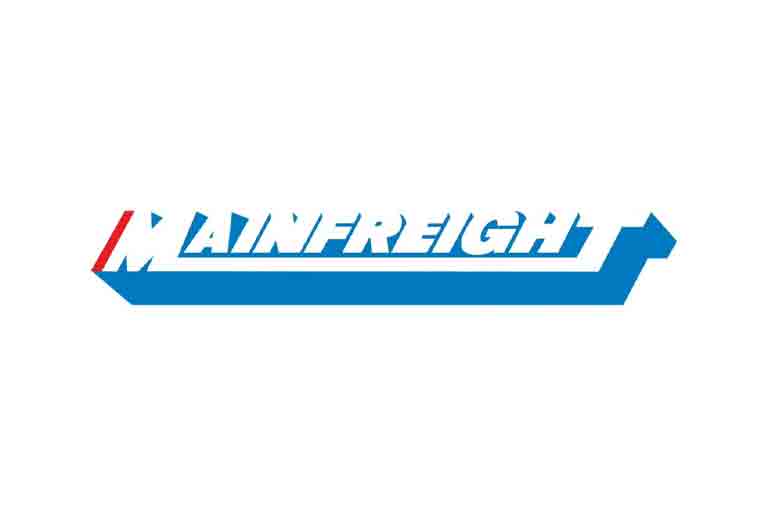
Industry: Transportation & Logistics
Market Cap: Approximately NZ$6.9 billion
Founded: 1978
CEO: Don Braid
Mainfreight is a transport and logistics company founded by Bruce Plested and headquartered in Auckland.
The company started with only NZ$7,200 in seed funding and managed to grow by taking over a significant portion of the freight market after land transport deregulation in 1982 (source: NZ Herald).
Currently, Manfreight is an international organisation with a total of 297 offices in 26 locations around the world.
Manfreight also provides supply chain management and freight forwarding services along with transport and logistics.
The company conducts air and sea freight operations in Australia, the United States, various parts of Asia, and New Zealand.
Over the years, Mainfreighthas also invested in and acquired several companies worldwide to diversify its operations and expand even further.
The acquisitions include:
- The purchase of Owens Group, one of New Zealand’s largest trucking firms
- Investments in Europe and South America purchased Wim Bosman in the Netherlands and established Manfreight Chile in Santiago, Chile. The former acquisition cost Manfreight US$227 million (source: NZ Herald).
- Daily Freight in New Zealand
- ChemCouriers in both New Zealand and Australia
- Carotrans worldwide.
Manfreight claims to offer end-to-end supply chain logistics solutions, with its global reach and size making it one of New Zealand’s most extensive freight companies.
With a market valuation of US$6.404 billion, Manfreight is the fifth-largest company in New Zealand.
Fletcher Building Limited
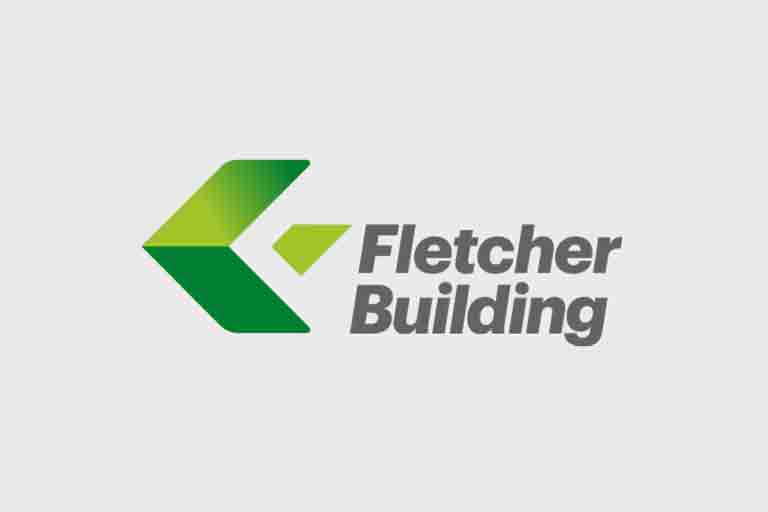
Industry: Construction & Building Materials
Market Cap: Approximately NZ$5.8 billion
Founded: 2001
CEO: Ross Taylor
Fletcher Building is one of the largest construction companies in New Zealand.
The company is listed on the New Zealand Stock Exchange as the eighth largest with a 4.5% market share (source: Interest).
Fletcher Building may have been founded in 2001, but the company has deep historical roots in the early 20th century.
The organisation is a direct descendant of Fletcher Holdings and the Challenge Corporation, which merged in 1981 as Fletcher Challenge before going defunct and divesting in 2001.
The construction wing of Fletcher Challenge became Fletcher Building, which now exists as a multinational building expert and material distributor.
The company currently serves New Zealand, Australia, the Americas, Europe, Asia, the Pacific Islands, and Africa with their building products, concrete, distribution expertise, and residential and development construction services.
Fletcher Building Australia is a significant company division with 225 retail sites in the country (source: Fletcher Building).
Fletcher Building is headquartered in Auckland and is one of New Zealand’s largest companies. Its predecessor, Fletcher Challenge, was New Zealand’s largest multinational business.
With a market value of US$4.014 billion, Fletcher Building is the 10th largest company in New Zealand.
Ryman Healthcare Limited
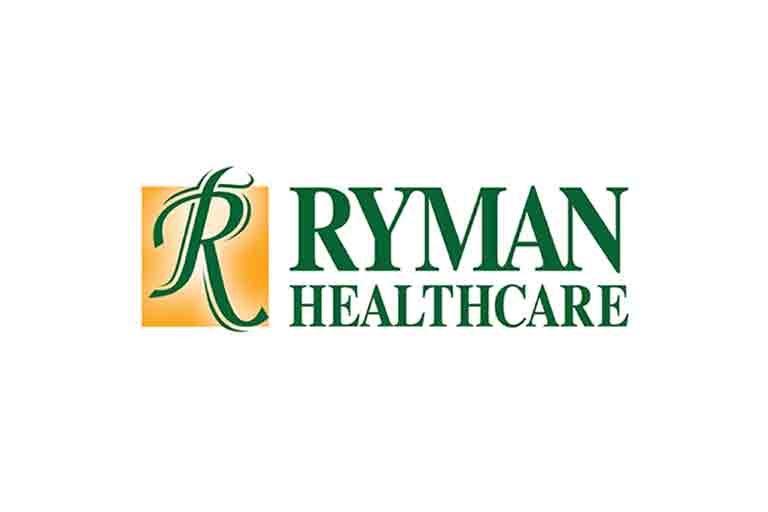
Industry: Healthcare Facilities
Market Cap: Approximately NZ$5.5 billion
Founded: 1984
CEO: Richard Umbers
Established in 1984, Ryman Healthcare Limited is a retirement village and rest home operator based in New Zealand.
The company is the largest aged care provider in the country, currently operating in 34 villages and employing over 5,000 people.
Ryman Healthcare’s IPO was in 1999, and has not felt the need to raise capital since. It has been developing and functioning on its operational cash flows and is an ever-expanding venture.
Founded by John Ryder and Kevin Hickman, Ryman’s business model involves a blend of healthcare services and property development.
The villages offer various retirement living options and feature mini-hospitals with a separate dementia wing.
Ryman calls this structure the “continuum of care” and aims to provide residents with all required amenities and healthcare needs. In addition, Ryman Healthcare villages operate on a “deferred management fees” model, which deducts a fee from the occupancy advance paid by the residents after they leave their establishment (source: Ryman).
Ryman Healthcare expanded to Australia in 2012, building a village in eastern Melbourne.
The company operates two villages in Melbourne and is building eight more in Victoria, Australia.
Ryman Healthcare is also the eleventh largest company on the New Zealand stock exchange, with a 3.2% market share (source: Interest) and a market value of US$4.061 billion.
The company is the eighth-most prominent company in New Zealand.
Note: The company is not an aged care franchise business. If you are looking for an aged care franchise, our Article Best Aged Care Franchises is where you should be heading :).
Infratil Limited
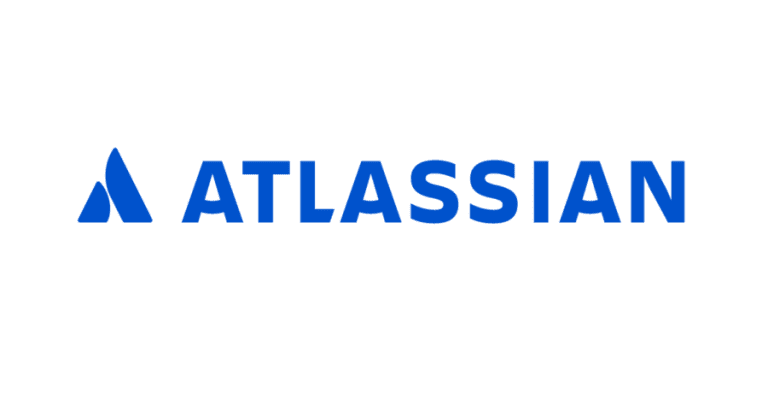
Industry: Infrastructure Investment
Market Cap: Approximately NZ$5.3 billion
Founded: 1994
CEO: Jason Boyes
Infratil, an infrastructure investment company, has entered the top 10, reflecting its growth and strategic investments in various sectors, including renewable energy, data centres, and telecommunications.
Since it is part of the updated list, let’s learn more about the new entrant.
Infratil is a 1994-founded New Zealand-based infrastructure investment company. Its portfolio includes renewable energy, airports, data centres, and telecommunications.
Known for its long-term investment strategy and focus on essential infrastructure assets, Infratil has risen to prominence in the New Zealand business landscape.

